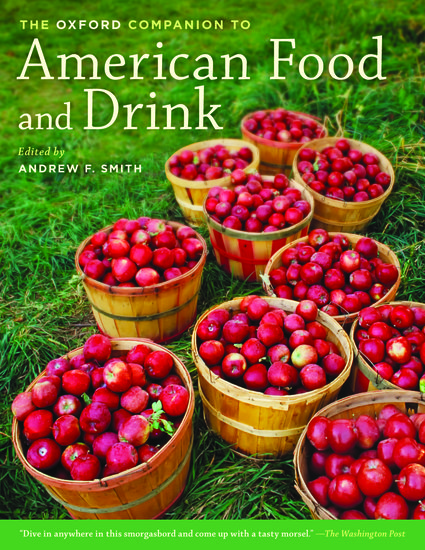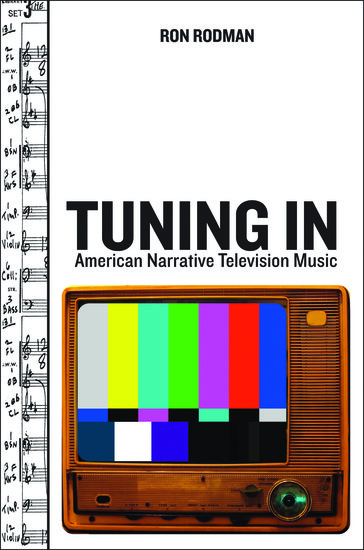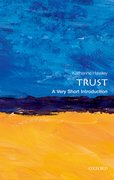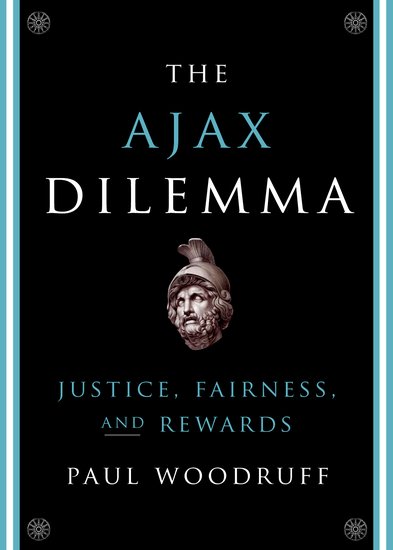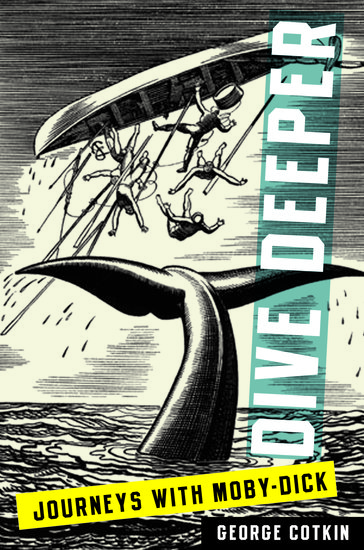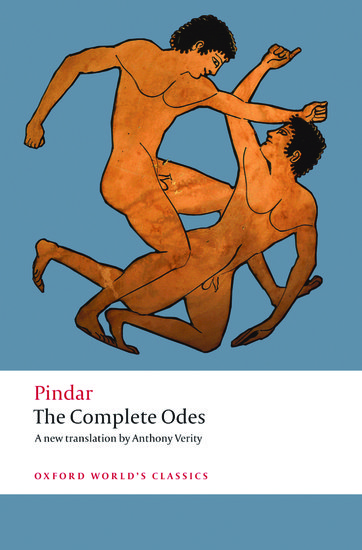A British ante-invasion: “Telstar,” 17 August 1962
Many describe the 1964 arrival of the Beatles in New York as the beginning of the “British Invasion,” but UK rock and pop had begun culturally infiltrating our consciousness much earlier. Indeed, a London instrumental group topped American charts in the fall of 1962 with a recording that celebrated the first telecommunications satellite. Launched from Cape Canaveral on 10 July,


